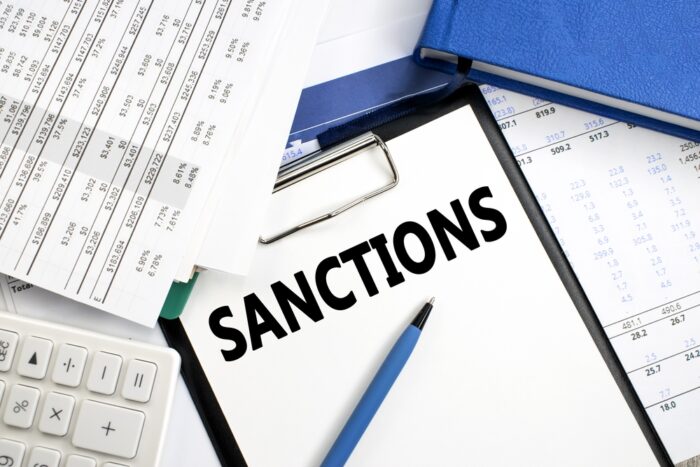The Finance Law of 2010 abolished the taxe professionnelle (TP), the system of local business taxes that previously applied to all companies operating in France. As the Minister of the Economy, Industry and Employment stressed, this tax, long subject to criticism from both Right and Left, hit productive investments even before they created wealth, and it penalized companies based in France.
The TP has now been replaced by a “Territorial Economic Contribution” that has two components to it: on the one hand, a “Company Property Contribution”, based on property values and, on the other, a “Contribution on Company Added Value” set at the national level. This reform still gives rise to lively debate in France, particularly on account of its consequences for the autonomy and resources of local communities.
But this is not the central argument of Guillaume Sainteny’s article. He is, rather, taken aback at the way the reform was introduced and, in particular, at its having totally left out of account the issue of sustainable development, despite this having been declared a national priority at the Grenelle Environmental Summit. Sainteny shows that, quite apart from the fact that the environmental impact of the reform does not appear to have been assessed, it fails to integrate — either through exemptions or incentives — the tax measures designed to deter or promote activities on the basis of their environmental consequences.
While stressing the difficulties of any fiscal reform, Sainteny ponders the French administration’s inability to reform itself to take on board what is presented as a national priority.
Cet article fait partie de la revue Futuribles n° 364, juin 2010



